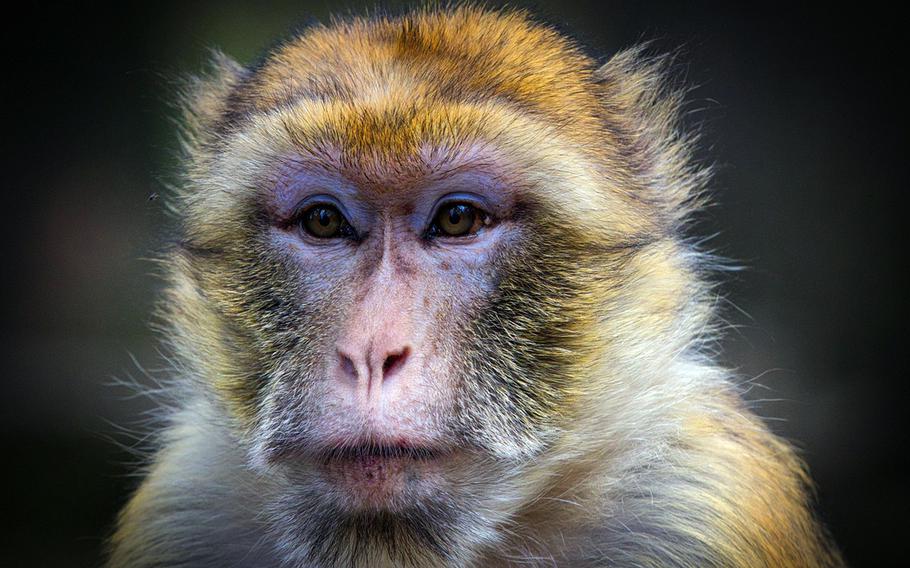
For the second time in less than a week, U.S. military officials in Japan have issued a warning about a wild monkey, urging base residents to stay away from the animal and report any sightings.
Naval Air Facility Atsugi, about 28 miles southwest of central Tokyo, posted the alert Saturday after receiving reports of a Japanese macaque roaming an area off base.
“Please do not approach the monkey and please be safe during outdoor outings,” base officials said in a message posted online. “If you see a wild monkey, keep your distance, go indoors and please call NAF Atsugi Security at DSN: 264-3982.”
The warning comes days after a Japanese macaque — or snow monkey — was seen near Camp Zama and its neighboring city of Sagamihara, home to a U.S. military housing area. That animal, missing its left hand, was described by Zama officials as “not friendly.”
Although Japanese macaques are generally not considered dangerous, they can become aggressive if they feel threatened. The species is common across much of Japan, including the Kanto region, and occasionally ventures into residential neighborhoods.
The monkeys are not new to U.S. military installations in Japan.
In September 2021, a macaque was seen near Camp Zama and the neighboring U.S. military housing area. A month later, in October, a macaque was spotted near the dental clinic at Yokota Air Base in western Tokyo and was seen roaming the installation’s east side housing area for two days. Authorities warned children walking to school to avoid the animal.
Last year in November, a macaque was reported in Ayase city, near NAF Atsugi.